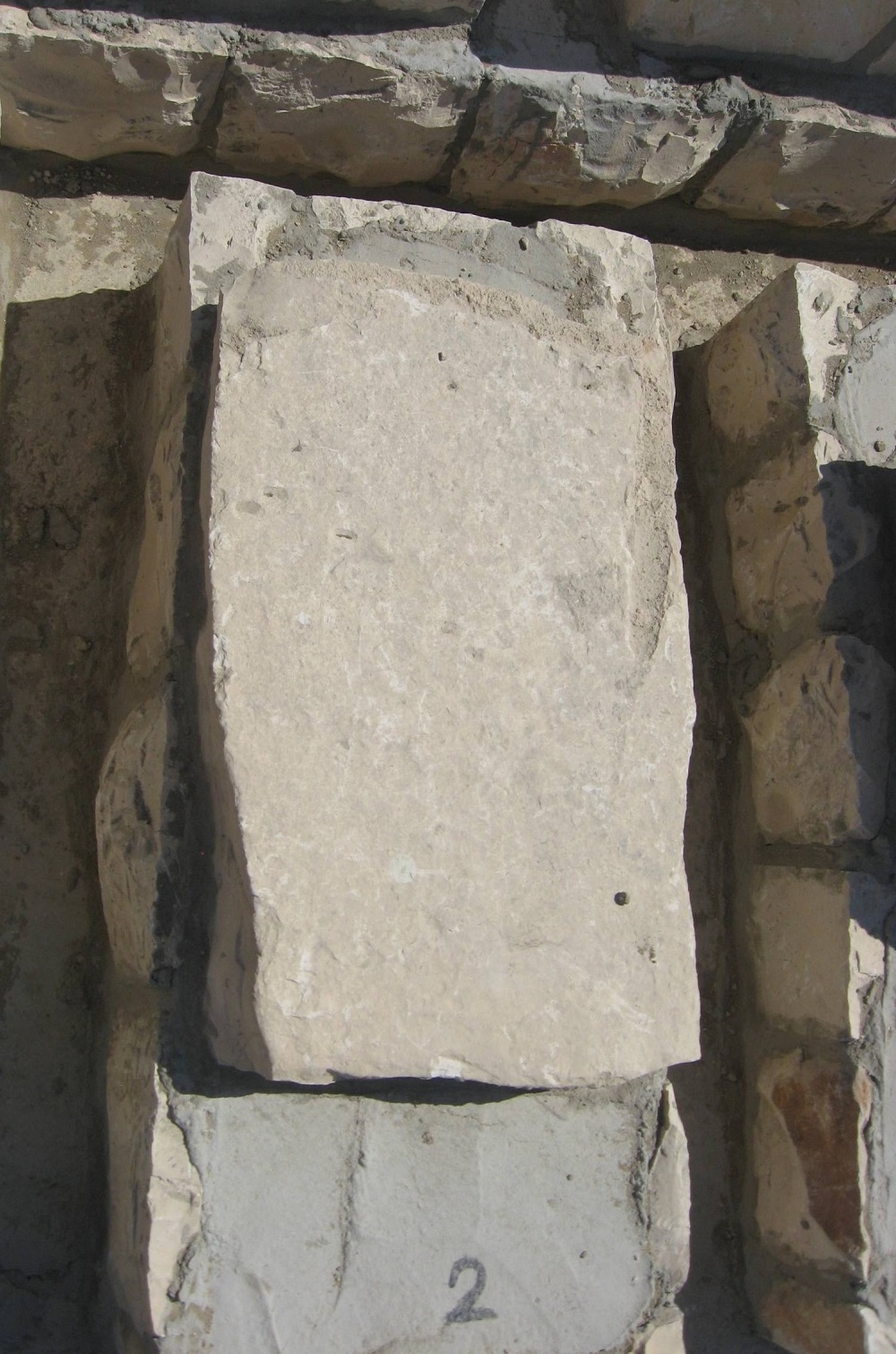Around 11:00 PM on the night between Sunday and Monday, the 22nd of Shevat 1948 (February 1, 1948), a massive explosion was heard in the center of Jerusalem. A truck loaded with explosives that had been brought to the site by the terrorist Abu Khalil Jnejo, with the assistance of defected British soldiers, was detonated. One of the newspaper’s employees and two building residents were killed. Benjamin Meuhas, who lived in the nearby building, jumped from his apartment window to escape the fire. However, it did not help, and he was taken to Hadassah Hospital. A week later, on the 27th of Shevat 5708 (February 7, 1948), he succumbed to his injuries.
The letter sent by his father Rahamim to his brother Yehuda, who lived in Tel Aviv, said:
“… as I feared for seven days, a tragic event has occurred – dear Father is no longer with us.
He did not dream of such an end even in his most challenging moments, and there were quite a few in his lifetime, just like everyone else.
If someone were to summarize Father’s life, it would be unfortunate and full of sorrow – work and financial worries from his earliest years until his last moments. It’s hard to describe how much he longed for you, and especially how much he longed for Noga, his only granddaughter whom he didn’t have the chance to see much before his painful death. It’s unfortunate for him as a father and a father who was devoted up to his last breath and even more painful with his tragic and agonizing death…
A day before his death, I asked him if he wanted me to bring you to the hospital to see him, and he answered me in half-consciousness that it’s better you don’t come since the roads are unsafe.
Such a sacrifice to which this man was willing to sacrifice for his sons and his entire family was rare in the days of the generation of selfishness. He always thought of giving, and despite all that, he barely received one percent in return…”
Holding a funeral on the Mount of Olives involved many dangers at the time and was only possible with a security escort. Therefore, two days later, on the 29th of Shevat (February 9, 1948), the funeral took place, and Benjamin and four others were buried in the Sephardic section.
Two weeks after the funeral, the Mount of Olives was outside the Jewish area until the Six-Day War, so his grave remained unmarked. About two years ago, during the cemetery restoration operations by the Jerusalem Development Authority, graves were set up in the area, and Benjamin’s grave was marked without a name. However, thanks to the inscriptions in the Parnas family’s records, we are now able to identify the grave accurately.
In 2011 (22 in Nisan), The fallen soldiers of the War of Independence, including Benjamin, were granted honorary citizenship of the State of Israel.




